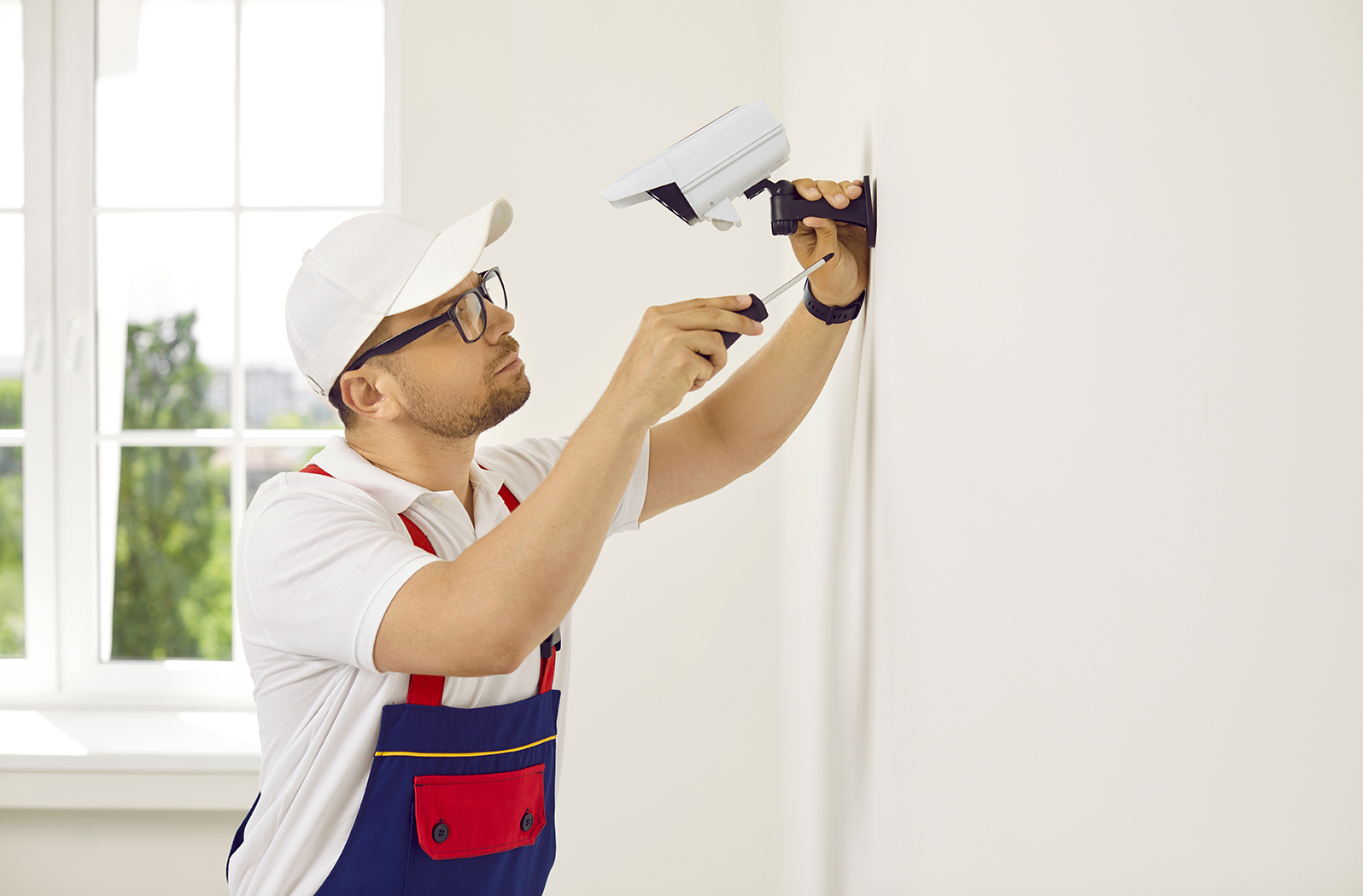
A home security system is a critical investment for any homeowner. It provides peace of mind and protection for your family, your possessions, and your property. With so many different options on the market, it can be challenging to know what features to look for when selecting a security system. In this article, we’ll outline some of the key features you should expect in a security system.
Motion Sensors
Motion sensors are a critical component of any security system. These sensors detect movement within the home and can trigger an alarm or alert the homeowner if an intruder is detected. There are a variety of different motion sensors available, including passive infrared sensors, microwave sensors, and dual technology sensors. It’s important to choose a system that includes reliable and accurate motion sensors to ensure that your home is protected.
Door and Window Sensors
Door and window sensors are another essential component of a security system. These sensors detect when a door or window is opened and can trigger an alarm or alert the homeowner. Some door and window sensors can even detect when a door or window is tampered with or broken, providing an added layer of protection.
Surveillance Cameras
Surveillance cameras are a popular feature in many security systems. These cameras can provide a live video feed of your home, allowing you to monitor your property from anywhere. Some cameras also include features like motion detection and night vision, which can provide additional protection for your home.
Smart Home Integration
Many security systems today include smart home integration. This feature allows you to control your security system from a smartphone or other internet-connected device. You can arm and disarm your system, monitor sensors and cameras, and even control lights and appliances from anywhere. Smart home integration provides added convenience and flexibility for homeowners.
Two-Way Voice Communication
Two-way voice communication is a feature that allows you to communicate with a monitoring center or emergency services through your security system. This feature can be helpful in an emergency situation when you may not be able to reach your phone or speak clearly. Some security systems also include two-way voice communication through a doorbell camera, allowing you to communicate with visitors or delivery people from anywhere.
Environmental Sensors
Environmental sensors are sensors that detect environmental changes within the home, such as smoke, carbon monoxide, and water leaks. These sensors can alert homeowners to potential hazards and allow them to take action to protect their home and family.
Professional Monitoring
Professional monitoring is a service that is often included with security systems. This service involves a monitoring center that receives alerts from your security system and takes appropriate action, such as contacting the authorities or alerting the homeowner. Professional monitoring provides an added layer of protection and peace of mind for homeowners.
Home Automation
Home automation features allow you to control your security system and other devices in your home through a single app or interface. This can include features like smart thermostats, smart lighting, and even smart locks. Home automation features provide added convenience and control for homeowners.
Battery Backup
Battery backup is an essential feature of any security system. In the event of a power outage or other interruption, battery backup ensures that your security system will continue to function and provide protection for your home and family.
When selecting a security system, it’s important to consider your specific needs and budget. Some systems may include all of these features, while others may only include a few. It’s also important to choose a system that is easy to use and maintain and that is compatible with your existing home technology. By selecting a security system with these key features, you can ensure that your home and family are protected and secure.




